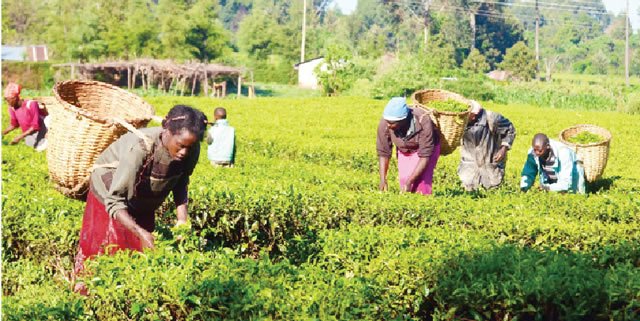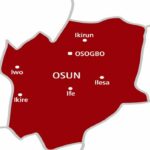
Capital importation into Nigeria’s agriculture sector tumbled by 99.23 per cent from $237.83m in the fourth quarter of 2021 to $1.76m in the first quarter of 2022.
This means that there was a 99.23 per cent decline within three months.
This was contained in the Nigerian Capital Importation report for Q1 2022 released by the National Bureau of Statistics.
The President, Major General Muhammadu Buhari (retd.), has always encouraged Nigerians to go back into agriculture.
He has asked for the involvement of more Nigerian youths in agriculture, urging agencies involved in agriculture to further streamline their priorities in the inclusion of the youth in driving modern methods of farming.
The President has also said he looks forward to 2023 when he will hand over power to a new president and return to tending to his farm.
However, in July last year, Buhari expressed sadness over the small portion of arable land being cultivated in the country while urging more Nigerians to embrace farming.
He also acknowledged that the low agricultural land use was closely linked to the spate of insecurity in various parts of the country, directing security outfits to work more with communities to create a more friendly environment for farmers.
In January this year, The PUNCH reported that at least 352 farmers had been killed and kidnapped in 12 months amid the rising insecurity in the country. The 352 comprised 216 killed farmers and 136 kidnapped farmers.
The figures were obtained from the Nigeria Security Tracker, a project of the Council on Foreign Relations’ Africa, as well as media reports.
The figure exceeds 352 as there were cases of killings and kidnappings of farmers with unknown numbers.
The Federal Government in its National Development Plan 2021 – 2025 admitted that food insecurity was a major concern, noting that food security, which is essential for development, had declined in the country.
The government admitted that a rising security issue was threatening food supply and increasing uncertainty around food prices.
The Deputy President, Lagos Chamber of Commerce and Industry, Dr Gabriel Idahosa, however, identified the issue of insecurity as it affects Nigeria’s investment in the agriculture sector.
“A significant part of this country, as we know, is being impacted by banditry and terrorism.”
Copyright PUNCH.
All rights reserved. This material, and other digital content on this website, may not be reproduced, published, broadcast, rewritten or redistributed in whole or in part without prior express written permission from PUNCH.
Contact: [email protected]





